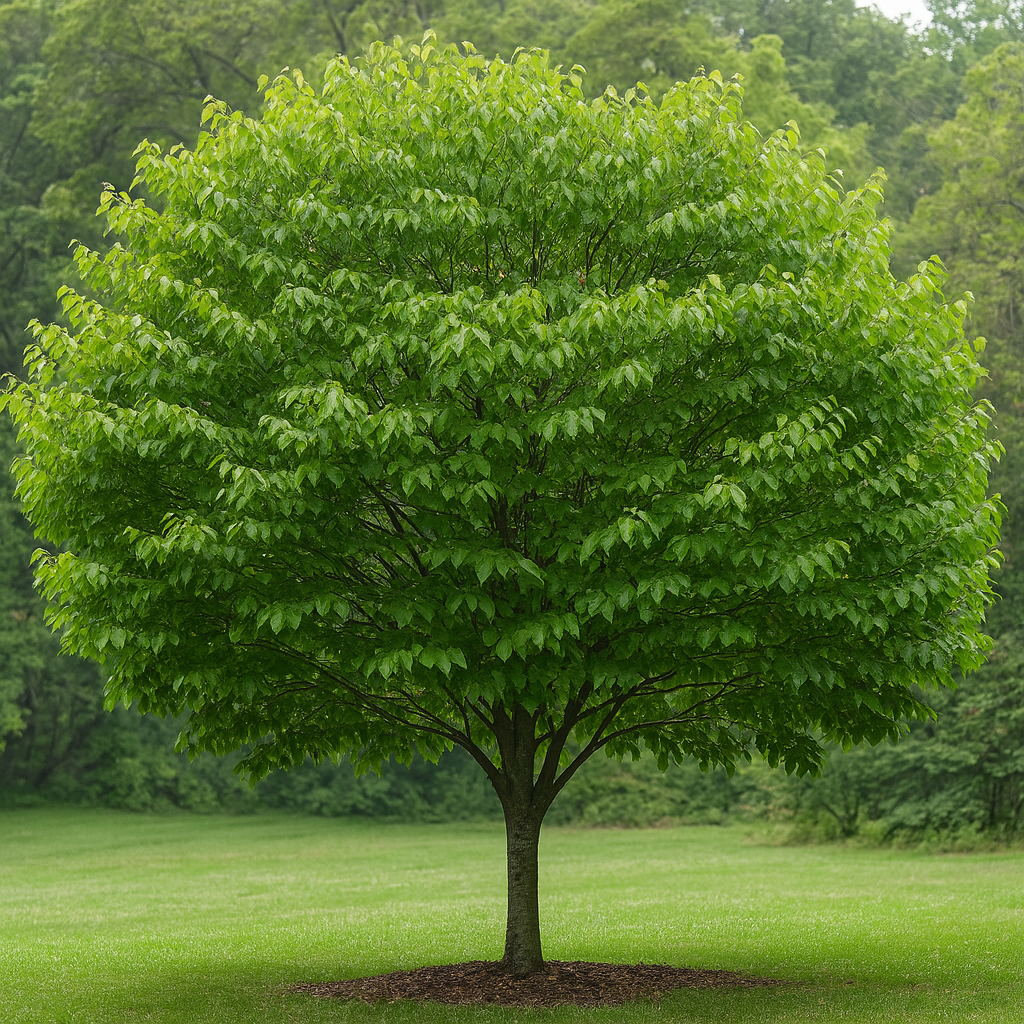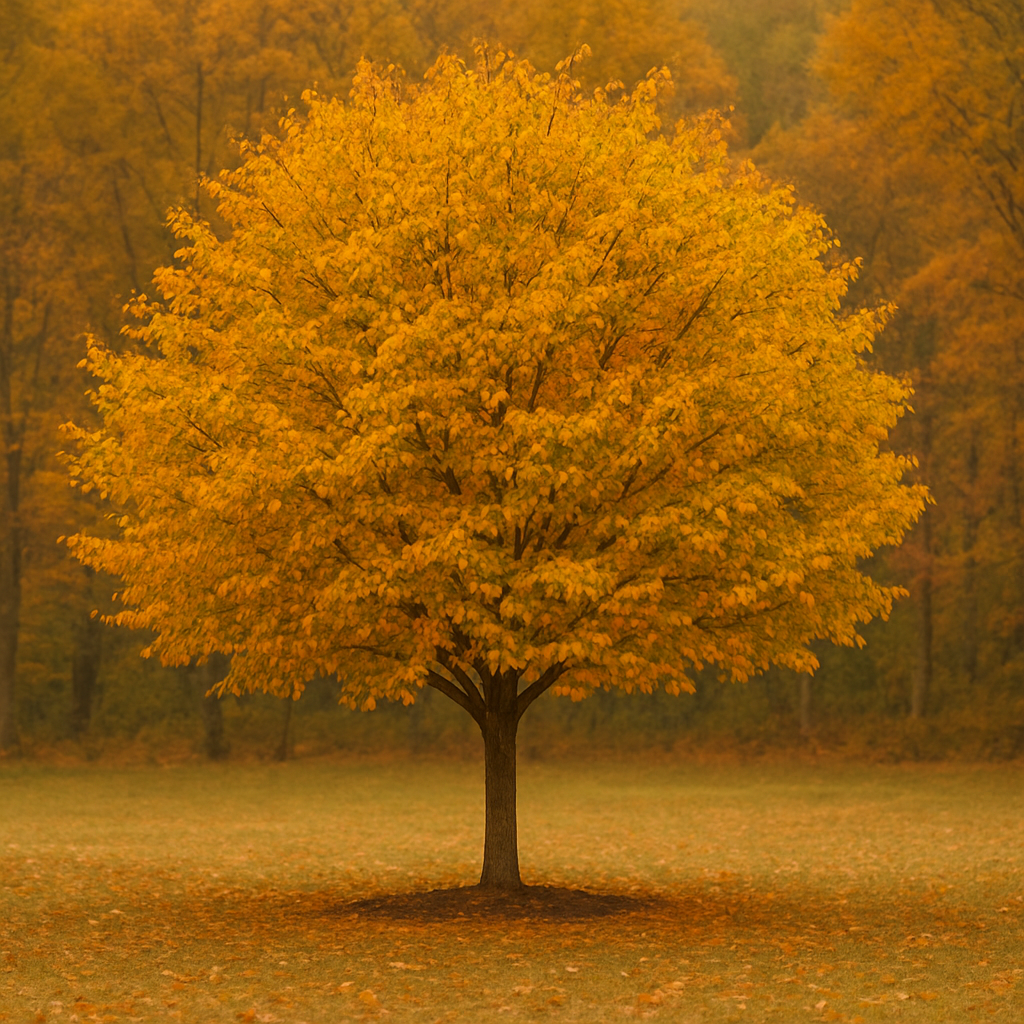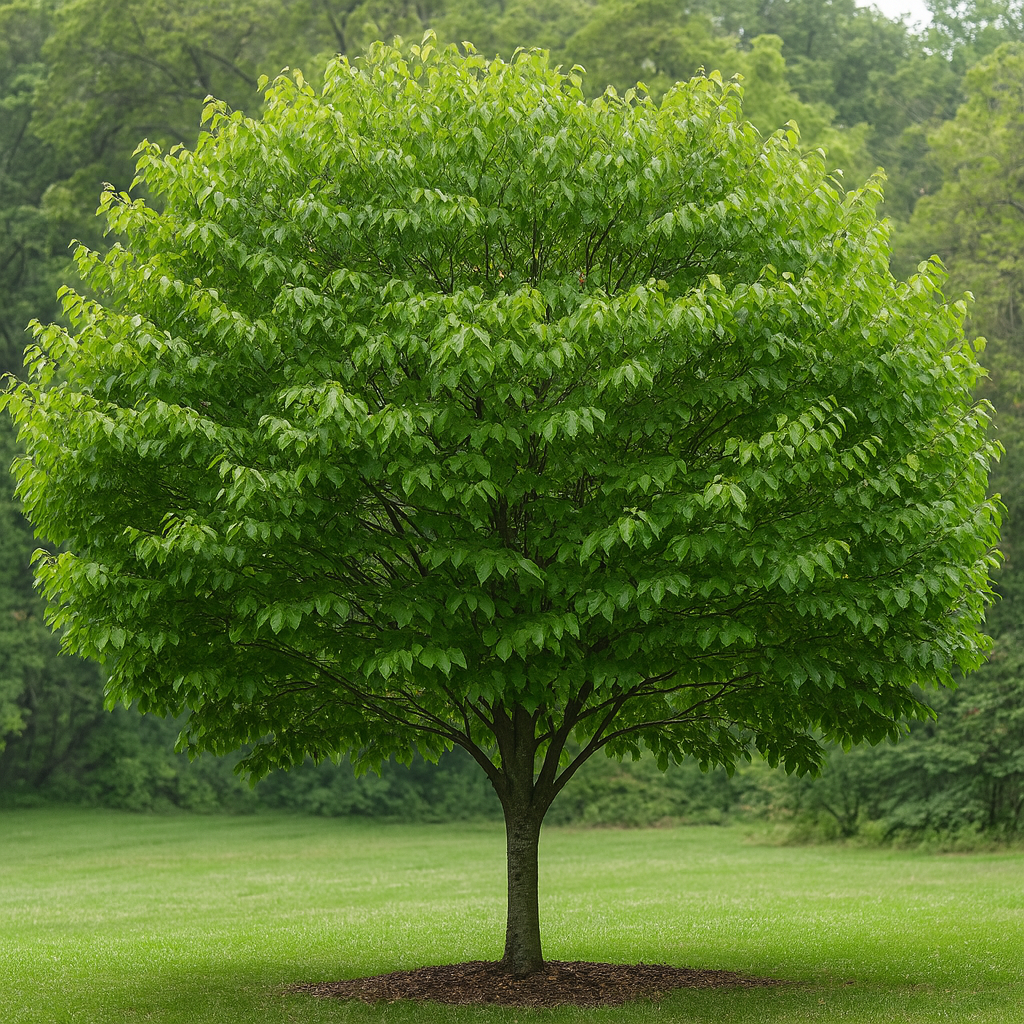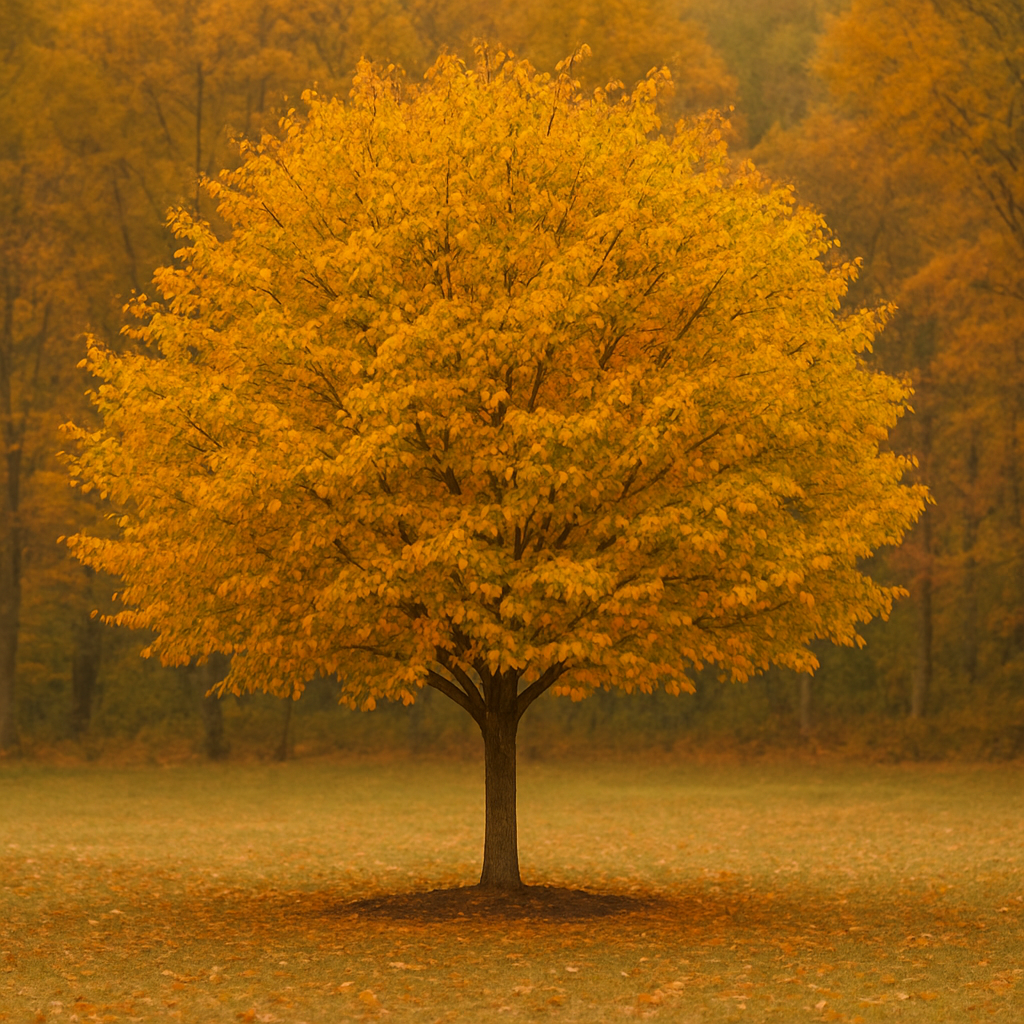Limited Quantities - Reserve Now For Fall
American Hornbeam Tree
American Hornbeam Tree
Couldn't load pickup availability
Carpinus caroliniana
American Hornbeam
The American Hornbeam, also known as Musclewood or Ironwood, is a refined native understory tree admired for its smooth, sinewy bark, brilliant fall color, and graceful form. A staple in eastern forests, this slow-growing species thrives in shady, moist woodland settings and makes an excellent choice for naturalized landscapes, shade gardens, and habitat-rich designs.
With its hardwood strength, low-maintenance nature, and seasonal beauty, the American Hornbeam is a resilient and elegant addition to any native planting plan.
American Hornbeam Overview
| Attribute | Details |
|---|---|
| 🌿 Botanical Name | Carpinus caroliniana |
| 🏷️ Common Names | American Hornbeam, Musclewood, Ironwood |
| 🌳 Mature Height | 20–35 feet |
| 🌐 Mature Width | 20–30 feet |
| 📈 Growth Rate | Slow to moderate (6–12 inches per year) |
| ⏳ Lifespan | 75–150 years |
| 🧊 USDA Zones | 3–9 |
| ☀️ Sun Preference | Partial shade to full shade (tolerates filtered sun) |
| 🧱 Soil Type | Moist, well-drained loam or clay soils |
| ⚖️ Soil pH | Slightly acidic to neutral (5.0–7.0) |
| 💧 Water Needs | Moderate; prefers consistently moist soil |
| 🍂 Foliage Color | Deep green in summer; orange, red, and yellow in fall |
| 🌸 Flower Color | Inconspicuous catkins; blooms in spring |
| 🐝 Pollination | Wind-pollinated; supports local wildlife |
| 🌿 Growth Habit | Upright, rounded to vase-shaped crown |
| ↔️ Spacing | 20–30 ft apart for shade or natural borders |
| 🏡 Landscape Uses | Woodland gardens, understory planting, native screens, shade trees |
| 🧹 Maintenance Level | Low |
Environmental Benefits
🌿 Provides habitat and cover for birds and small mammals
🍂 Adds brilliant fall foliage to shaded or forested areas
🌧️ Helps stabilize soil and manage runoff in woodland settings
🪵 Contributes to biodiversity in native ecosystems
Pros & Cons
| ✅ Pros | ⚠️ Cons |
|---|---|
| 🌳 Elegant form with striking muscle-like bark | 🐢 Slow-growing; patience required for size |
| 🍁 Beautiful multicolored fall foliage | 🌱 Can be sensitive to drought once established |
| 🌿 Thrives in shade and moist soils | ✂️ May need pruning to shape when planted in formal landscapes |
| 🧬 Native, long-lived, and ecologically valuable | ❄️ Fall color may be variable depending on site conditions |
| 🪵 Strong wood and resistance to storm damage | 📏 Not ideal for very dry or compacted urban sites |
Planting & Care Guide
🛁 Water thoroughly after planting and during dry periods in the first year
🕳️ Dig a hole twice the width of the root system; keep crown level with soil surface
🌾 Mulch 2–3 inches deep around the base to regulate soil temperature and retain moisture
💦 Water consistently during establishment; prefers moist soils throughout life
✂️ Prune in winter to remove crossing branches or shape if needed
🧪 Fertilize only if soil is deficient; thrives in organic-rich native soils
The American Hornbeam is a hardy and graceful native tree offering understated beauty, deep ecological value, and long-term strength for naturalistic and shaded landscapes. Whether you’re restoring a woodland edge, adding structure to a shade garden, or planting for future generations, this tree delivers quiet resilience and four-season character.
Share




